CCE Overview
Belief
Xinmin Secondary School believes in developing Curious Learners, Compassionate Contributors and Confident Leaders. The design of the school’s CCE Curriculum takes reference from MOE’s CCE 2021 Curriculum Frame and is anchored on the school’s values of Respect, Responsibility and Resilience.
Curriculum
CCE Lessons
CCE Lessons include areas such as National Education (NE), Sexuality Education
(SEd), Mental Health (MH), Education and Career Guidance (ECG), Cyber Wellness
(CW), and Family Education (FE), are integrated within a school-wide approach.
Contemporary Issues
Discussion of contemporary issues in the CCE lessons aims to develop active
citizenry and critical thinking among students, by helping them understand
the multiple perspectives on current issues. Contemporary issues are discussed
fortnightly.
Student Development Experiences
Student Development Experiences (SDEs) are programmes and activities that
contribute towards the holistic development of our students in the physical,
aesthetic, intellectual, moral, and social domains.
Some of the SDEs in Xinmin Secondary School include experiences in Co-Curricular Activities (CCA), Education and Career Guidance (ECG) Experiences, National Education (NE) Commemorative Days and our signature VIA programme, XinminCares.
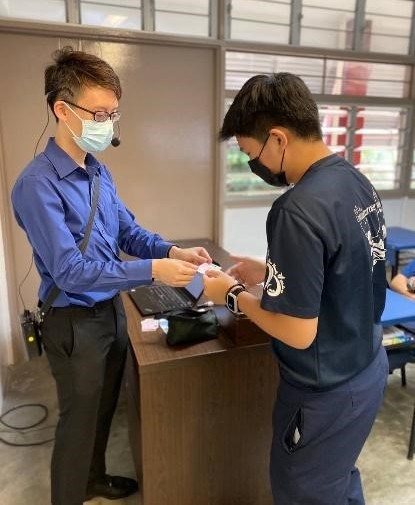
A Sec 3 student receiving his NRIC as part of a citizenship lesson |

Students embarking on a VIA project about littering in our environment as part of XinminCares |
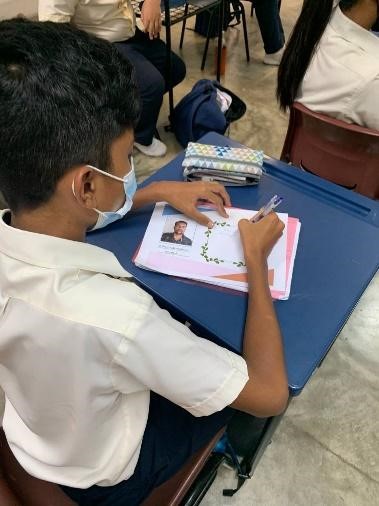
Students writing words of encouragement for migrant workers during a lesson about their struggles during Circuit Breaker |

|
Approaches
Use of Dialogue to facilitate Contemporary Issues
In addition to creating student voice, dialogue also provides opportunities
for students to develop self-awareness and empathy. This helps them understand
the perspectives of people with different backgrounds or cultures, and
to become more sensitive to the social environment and the needs of others.
Using this approach, students learn to apply moral reasoning and sound
values-based judgements in the choices they make, and understanding the
impact and consequences of their actions on others.
Student-Centric Pedagogy
The use of instructional and facilitation strategies such as circle structure,
four corners, freeze frame, hot seat, round table, role-play, debate etc,
promotes students’ voice and empowers students to express their views during
CCE lessons. Through the interaction, it also strengthens both teacher-student
relationships and student-student relationships.
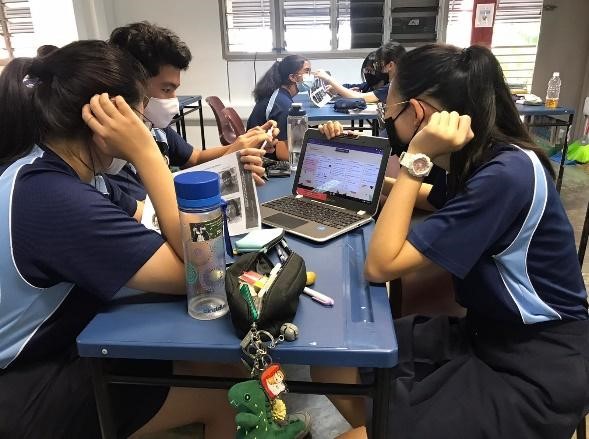
‘Four Corners’ being used as a facilitation strategy to discover multiple perspectives in the lesson on overcoming stereotypes lesson |
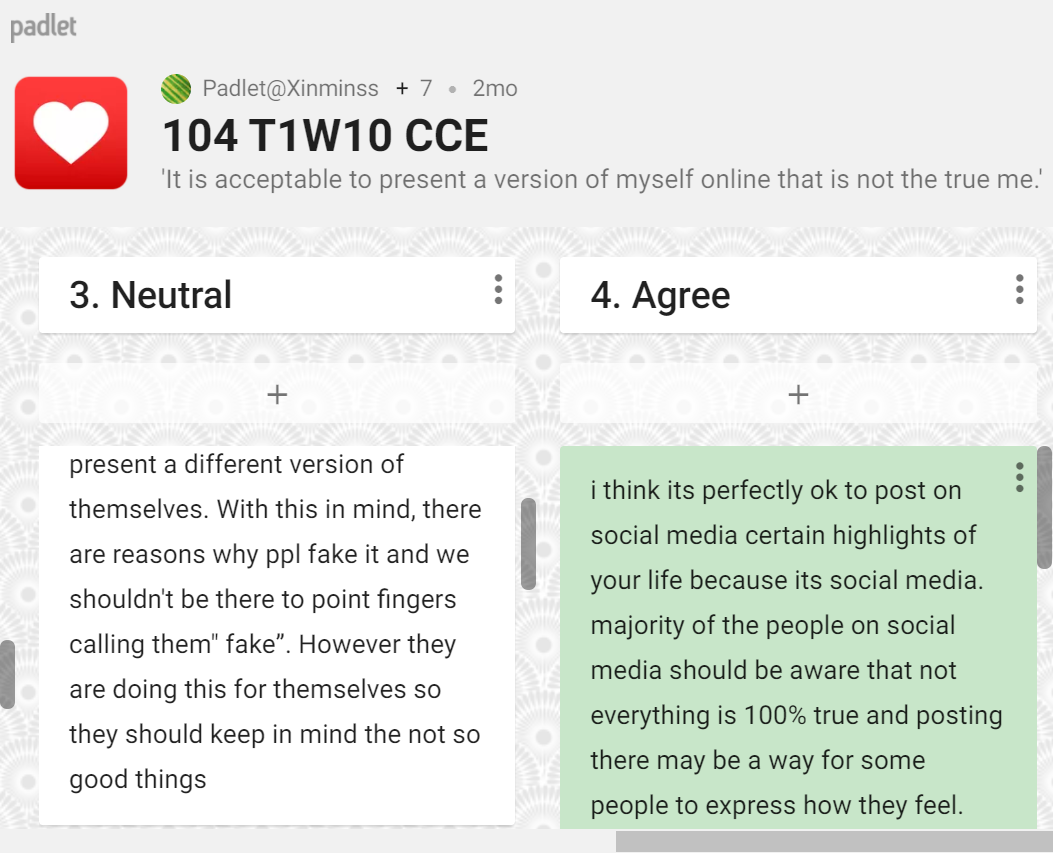
Students engaging in role-play and making use of online tool to rationalise and share their perspectives |
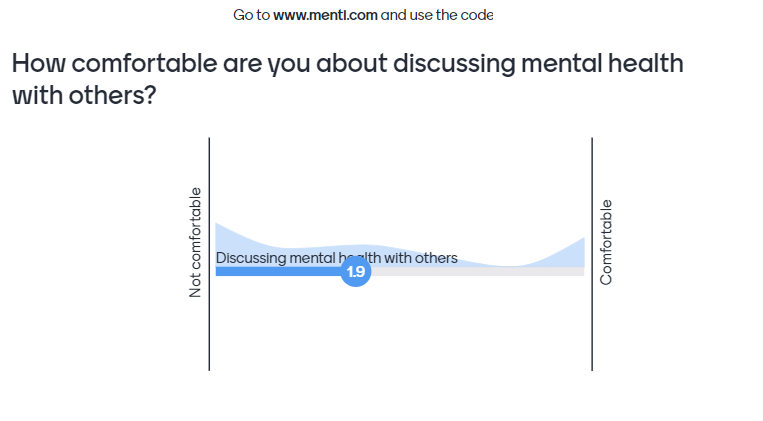
Eliciting opinions about mental health using Menti as a lead-up to a discussion about help seeking and resilience |

|

